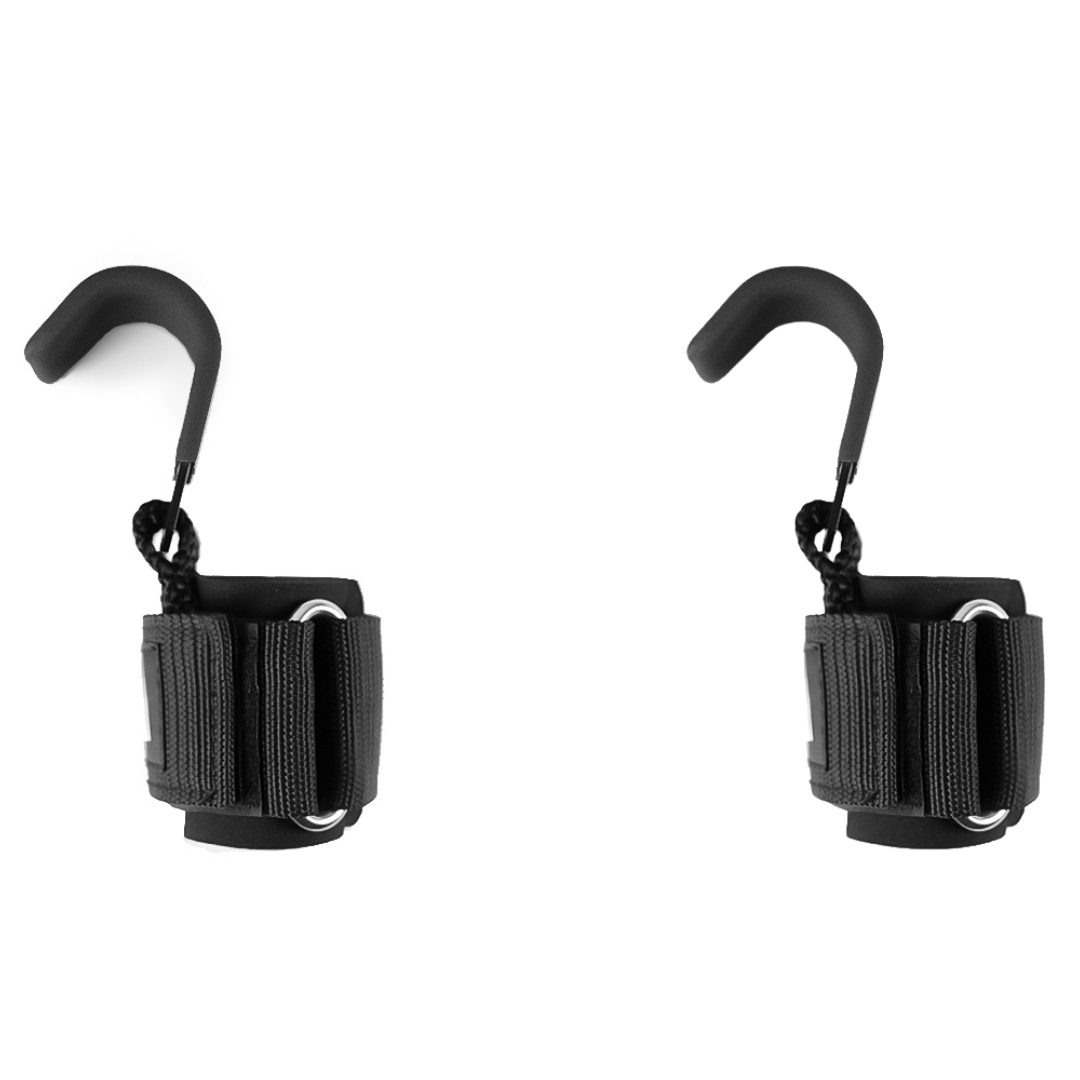How Waist Trainers Work
Waist trainers are designed to provide compression around the waist, helping to create a more contoured appearance. They work in the following ways:
- Compression: Redistributes fat and temporarily slims the waistline.
- Heat Generation: Increases body temperature, promoting sweating and temporary water weight loss.
- Posture Support: Encourages an upright posture by supporting the lower back and core.
While waist trainers can enhance the appearance of the waist, their effects are temporary unless combined with a healthy diet and exercise routine.
Recommended Duration for Wearing a Waist Trainer
The duration for wearing a waist trainer varies depending on experience level and individual tolerance. Here are general recommendations:
- Beginners: Start with 1.5-2 hours per day to allow the body to adjust.
- Regular Users: Gradually increase to 6-8 hours per day for effective waist training.
- Advanced Users: Some may wear it for up to 10 hours per day, but caution should be exercised to avoid potential health risks.
Factors Affecting Waist Trainer Wear Time
Several factors determine how long you should wear a waist trainer each day:
- Comfort and Fit: A properly fitted waist trainer should be snug but not overly tight, ensuring it does not restrict breathing or movement.
- Activity Level: Some waist trainers are designed for workouts, while others are for daily wear. Adjust wear time accordingly.
- Body Response: Listen to your body—if you experience discomfort, digestive issues, or difficulty breathing, reduce wear time.
Risks of Wearing a Waist Trainer for Too Long
While waist trainers can help achieve a desired look, prolonged or excessive use can lead to health concerns:
- Breathing Issues: Tight compression can limit lung expansion, making it difficult to breathe properly.
- Digestive Problems: Excessive pressure on the stomach may cause acid reflux or digestive discomfort.
- Muscle Weakness: Relying on a waist trainer for posture support may weaken core muscles over time, leading to reduced natural muscle strength.
Best Practices for Safe Waist Training
To safely incorporate waist training into your routine, follow these guidelines:
- Gradual Adaptation: Begin with short durations and increase wear time progressively.
- Listen to Your Body: If you experience discomfort, loosen or remove the waist trainer immediately.
- Combine with a Healthy Lifestyle: Waist trainers should not replace exercise and a balanced diet. Strengthening core muscles is essential for long-term waist shaping.
Conclusion
Wearing a waist trainer for 6-8 hours a day is generally considered safe and effective when done responsibly. Beginners should start with shorter durations and gradually increase wear time. However, excessive use can lead to health risks, so it is essential to listen to your body and prioritize comfort. Remember, waist trainers are a temporary solution, and achieving a naturally toned waist requires a combination of fitness and a healthy lifestyle.










Leave a comment
All comments are moderated before being published.
This site is protected by hCaptcha and the hCaptcha Privacy Policy and Terms of Service apply.